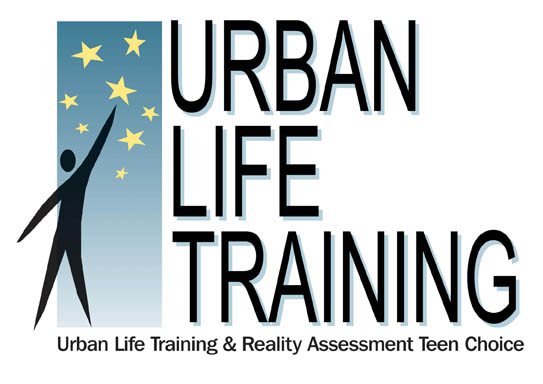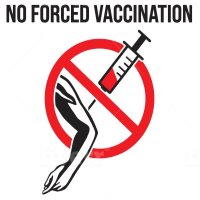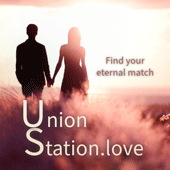Courtesy of the VisionRoot Blog:
Countries that respect God-given rights, and states that respect God-given constitutional rights are not doing any worse than other places that have instituted draconian restrictions.
From an ABC news report:
Q. DOES A STATE OF EMERGENCY CAUSE A TOKYO LOCKDOWN?
A. No, Abe and officials say Japan cannot legally enforce hard lockdowns. Public transportation is operating as normal. Most state of emergency measures are requests and instructions. Violators cannot be punished unless they fail to comply with orders related to storage or shipment of emergency relief goods and medical supplies.
Q. WHY IS JAPAN NOT IMPOSING A HARD LOCKDOWN?
A. Japan’s history of repression under fascist governments before and during World War II has left the public wary of government overreach. The country’s postwar constitution lays out strict protections for civil liberties. Abe’s government was reluctant to risk severe economic repercussions from more severe measures.
Missouri, South Dakota, Oklahoma, Wyominy have no lockdowns and minimal restrictions. Some city restrictions. These areas are not having huge surges of cases. Why is West Virginia locked down?
Maryland is locked down, and Governor Hogan threatened $5000 fines and a year in jail for violations. Yet, with about the same population and no statewide lock down, Missouri has 86 deaths, and Maryland 124.
Quote from Scott Atlas:
Second, isolation is key, but it must be targeted for specific groups of people. If someone outside the high-risk groups (elderly with chronic illnesses, HIV patients, immune-compromised people) has fever and cough but mild symptoms, they should remain isolated in their homes for 14 days. People without any symptoms who have not been directly exposed to someone sick do not need isolation.
More importantly, whole-population isolation is not medically ideal and will lead to less effective elimination of the infection threat. Population immunity for every disease like this can only be achieved by letting people who are not at risk for anything serious, who are not immune-compromised and elderly (the vast majority of people), get exposed to it.
This allows their bodies to put forth the immune response, so the virus is controlled and transmission to others is eliminated. That’s biology — not politics, not economics, and not non-medical risk assessment. We are preventing the development of immunity that is essential to stop the illness, and prevent a second wave when people are free to mingle.
Quote from Professor Wittkowski:
With all respiratory diseases, the only thing that stops the disease is herd immunity. About 80% of the people need to have had contact with the virus, and the majority of them won’t even have recognized that they were infected, or they had very, very mild symptoms, especially if they are children. So, it’s very important to keep the schools open and kids mingling to spread the virus to get herd immunity as fast as possible, and then the elderly people, who should be separated, and the nursing homes should be closed during that time, can come back and meet their children and grandchildren after about 4 weeks when the virus has been exterminated….
We are experiencing all sorts of counterproductive consequences of not well-thought-through policy….
Well, we will see maybe a total of fewer cases—that is possible. However, we will see more cases among the elderly, because we have prevented the school children from creating herd immunity. And so, in the end, we will see more death because the school children don’t die, it’s the elderly people who die, we will see more death because of this social distancing….
If we had herd immunity now, there couldn’t be a second wave in autumn. Herd immunity lasts for a couple of years, typically, and that’s why the last SARS epidemic we had in 2003, it lasted 15 years for enough people to become susceptible again so that a new epidemic could spread of a related virus. Because typically, there is something that requires cross-immunity, so if you were exposed to one of the SARS viruses, you are less likely to fall ill with another SARS virus. So, if we had herd immunity, we wouldn’t have a second wave. However, if we are preventing herd immunity from developing, it is almost guaranteed that we have a second wave as soon as either we stop the social distancing or the climate changes with winter coming or something like that….
[Extreme reactions] cost the US taxpayer $2 trillion, in addition to everything else that it costs, but it also has severe consequences for our social life, and depression is definitely something that we will be researching. I can say for myself, walking through New York City right now is depressing….
We should be resisting, and we should, at least, hold our politicians responsible. We should have a discussion with our politicians. One thing we definitely need to do, and that would be safe and effective, is opening schools. Let the children spread the virus among themselves, which is a necessity to get herd immunity. That was probably one of the most destructive actions the government has done. We should focus on the elderly and separating them from the population where the virus is circulating. We should not prevent the virus from circulating among school children, which is the fastest way to create herd immunity….
I think people in the United States and maybe other countries as well are more docile than they should be. People should talk with their politicians, question them, ask them to explain, because if people don’t stand up to their rights, their rights will be forgotten. I’m Knut Wittkowski. I was at the Rockefeller University, I have been an epidemiologist for 35 years, and I have been modeling epidemics for 35 years. It’s a pleasure to have the ability to help people to understand, but it’s a struggle to get heard.



